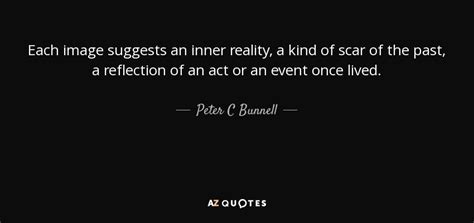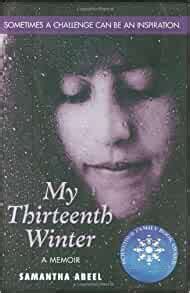A Quote by Hal Duncan
Where names of people or places would mean little to a contemporary reader, I figured "translation errors" could create interesting new meanings.
Related Quotes
There were many words that you could not stand to hear and finally only the names of places had dignity. Certain numbers were the same way and certain dates and these with the names of the places were all you could say and have them mean anything. Abstract words such as glory, honor, courage, or hallow were obscene beside the concrete names of villages, the numbers of roads, the names of rivers, the numbers of regiments and the dates.
The first rule is you have to create a reality that makes the reader want to come back and see what happens next. The way I tried to do it, I'd create characters that the reader could instantly recognize, and hopefully bond with, and put them through situations that keep the reader on the edge of their seat.
I don't speak any languages well enough to make an expert assessment on writing in translation, but since I'm interested in awkwardness in prose, I find I like the way translated texts can sometimes acquire awkwardness in the process of translation. There's a discordance translation can create which I think is sometimes seen as a weakness but which I think can be a really interesting aspect of the text.
Did the nineteenth-century novelists create more generously than we do now? In a general reading of contemporary work, do you see a lot of new and different characters, or is it the same character who is a stand-in for the writer? And it's interesting enough, but it's a weakness I think. We are much more self-revealing and less able to produce new people over and over again.
I think it's different in fashion, because even if I would be an outsider, I would still be in the middle of the whole world of contemporary fashion. But it's interesting to think what outsider fashion could be. Does it mean to be completely disconnected from the regular system or just disconnected style-wise?
Depression makes you seek lonely places, and that is what I started doing during the second semester of my first year in college. The black creek, the woods, the empty fields, the old cemetery-anywhere away from people, away from their critical eyes. I would seek out these places, choosing routes and times that would mean I could avoid as many people as possible.
What's great about symbols, what a writer can do with them is provide a really vivid, interesting image, and the reader will do the rest of the work. That's always been very interesting to me. Like if I just introduce the storks, I don't have to say what they mean because the reader will do that. And if I bring in the dark history of the region, other trends come up, for example how in ancient Egypt they are associated with the souls of the dead. You can surprise yourself by introducing an image and then see how developing the story fills it with meaning that is suddenly new.
New York was always more expensive than any other place in the United States, but you could live in New York - and by New York, I mean Manhattan. Brooklyn was the borough of grandparents. We didn't live well. We lived in these horrible places. But you could live in New York. And you didn't have to think about money every second.





































